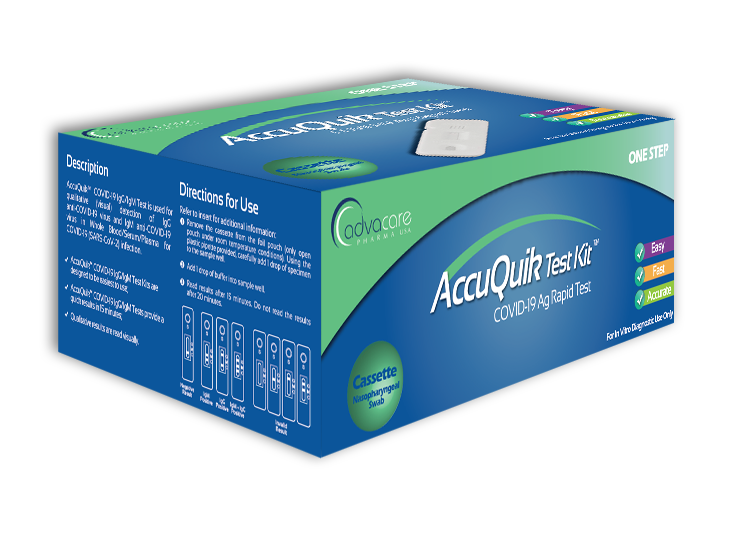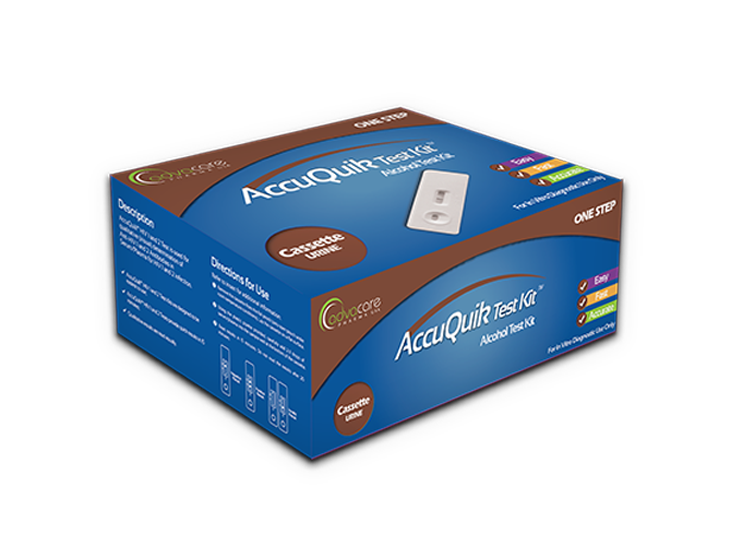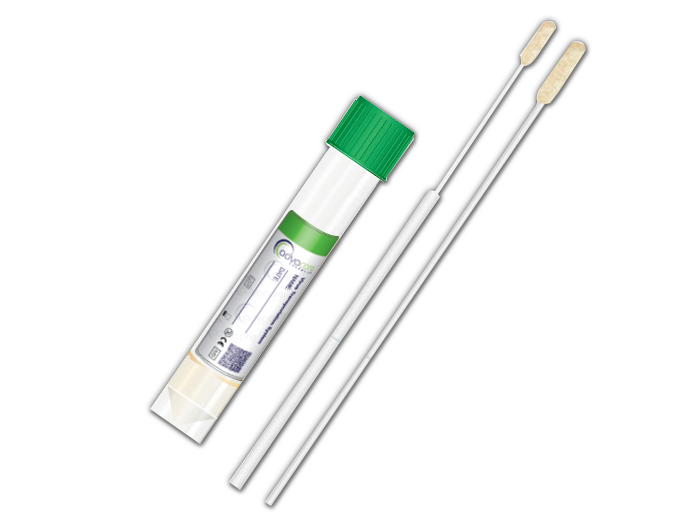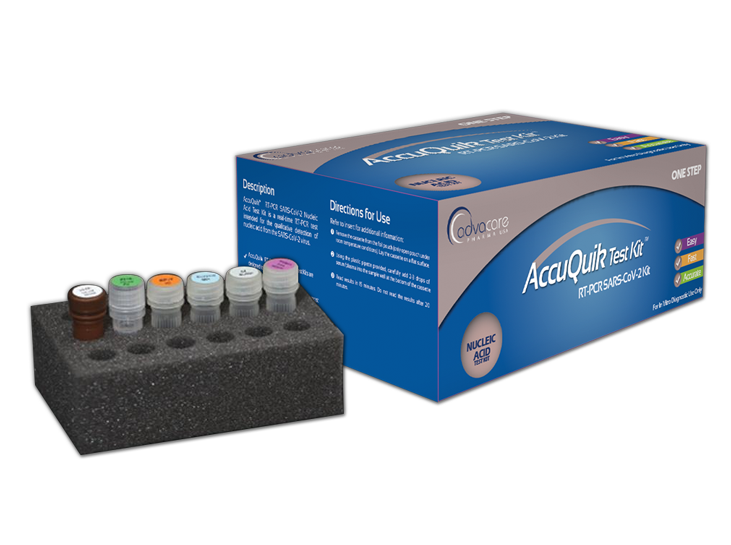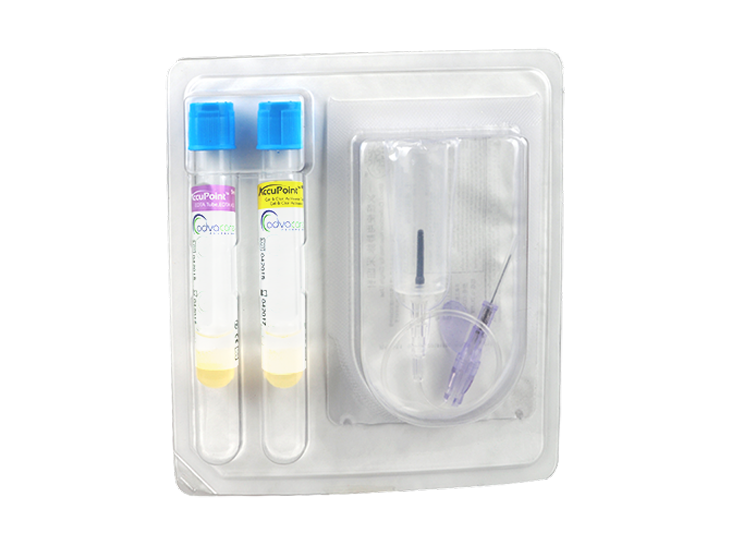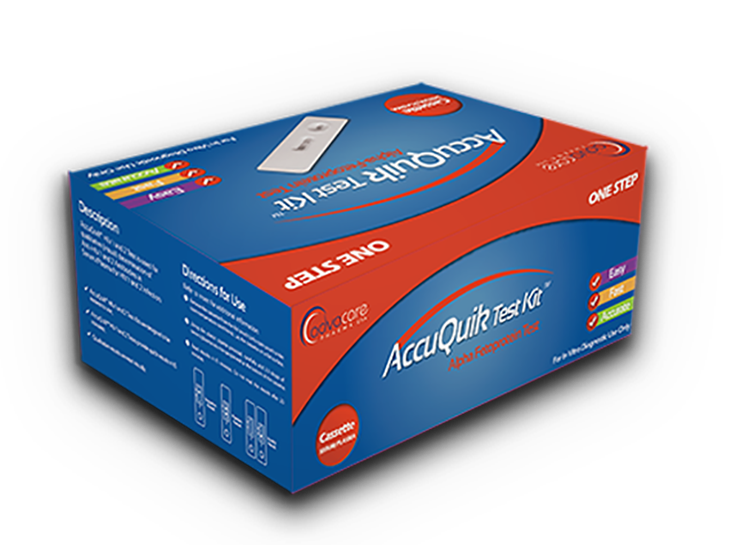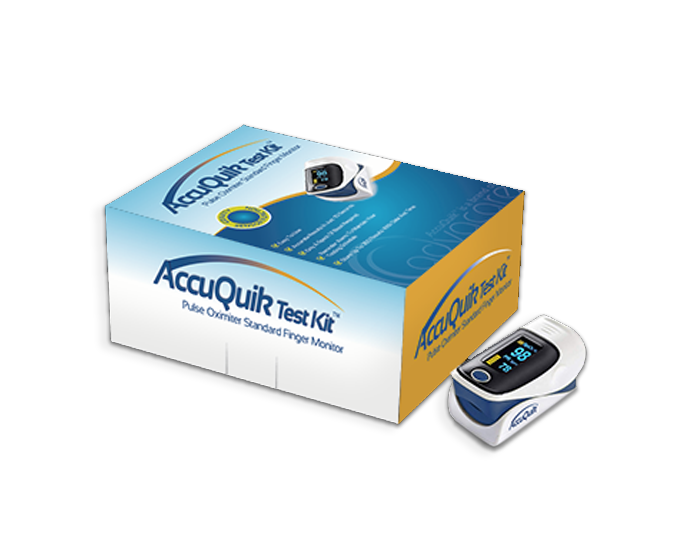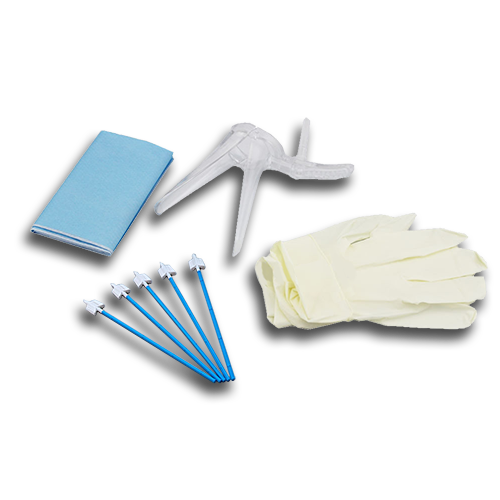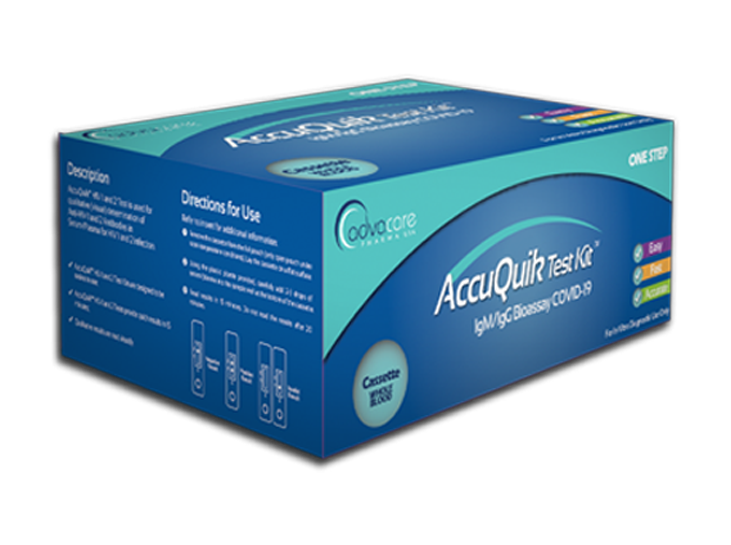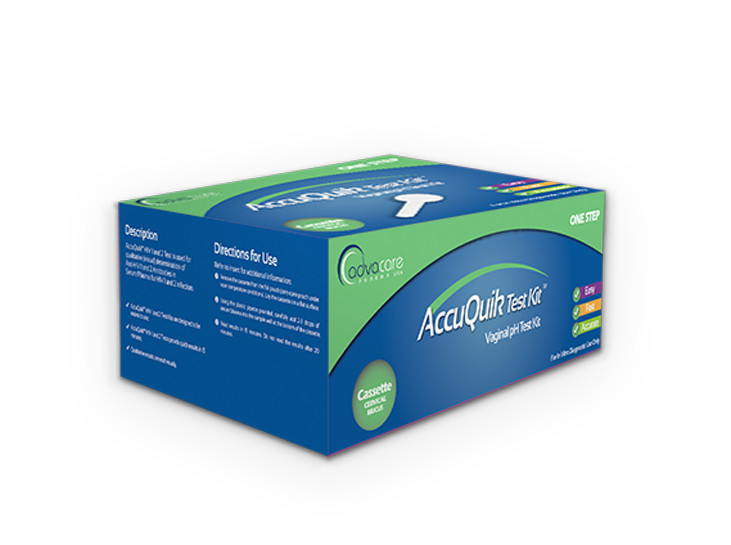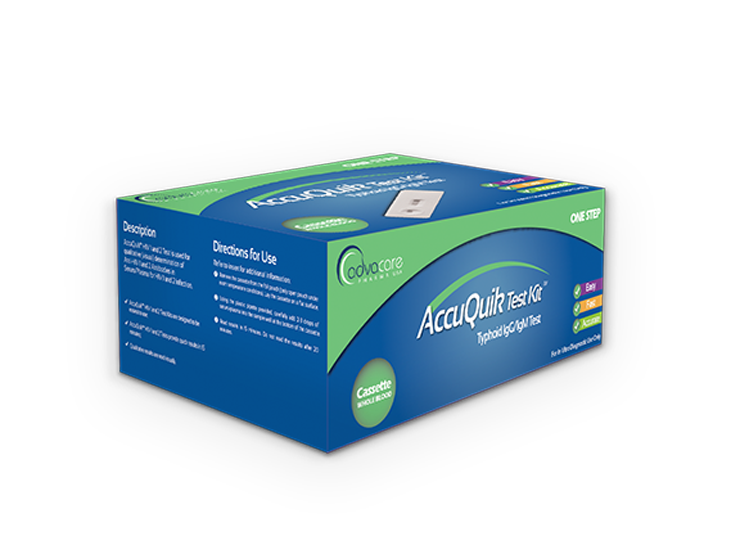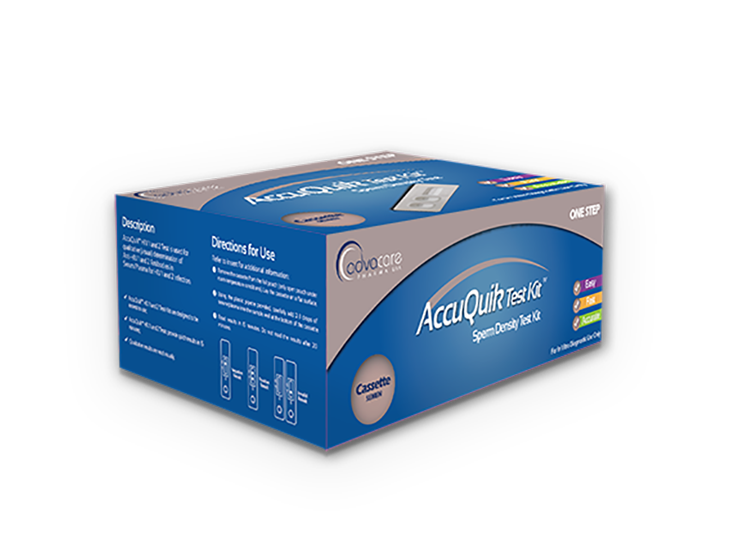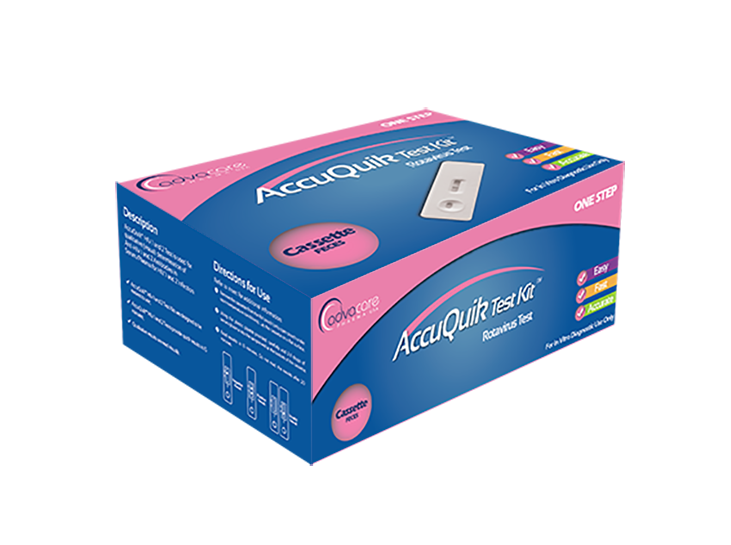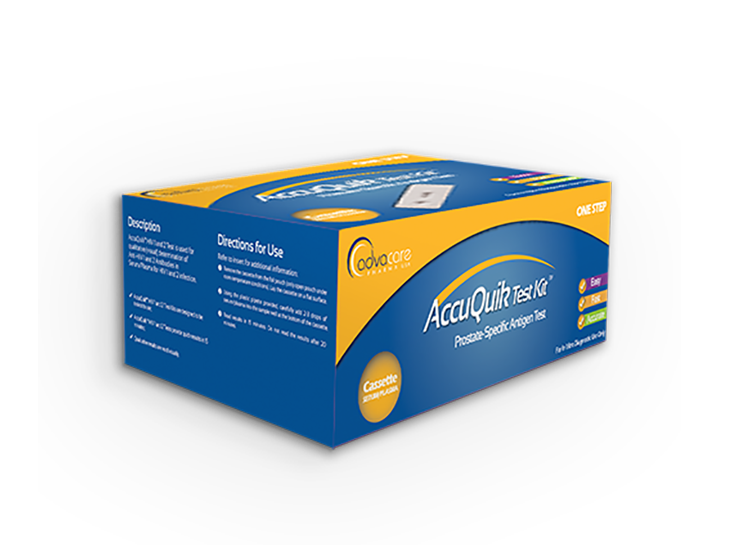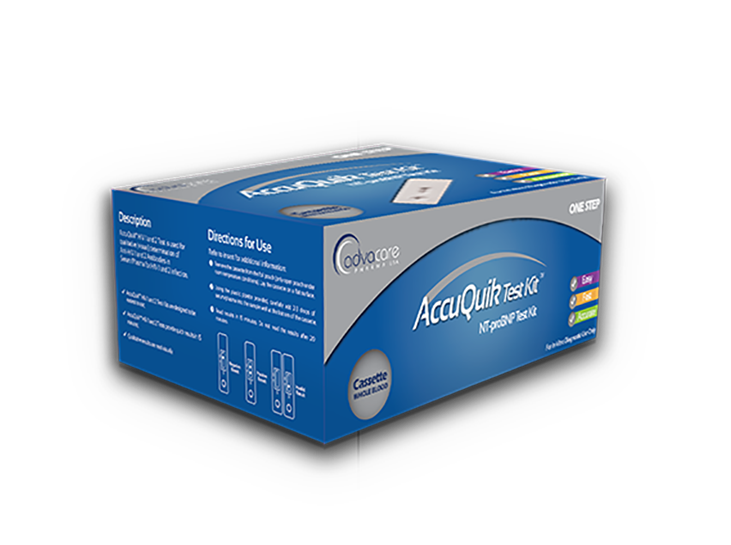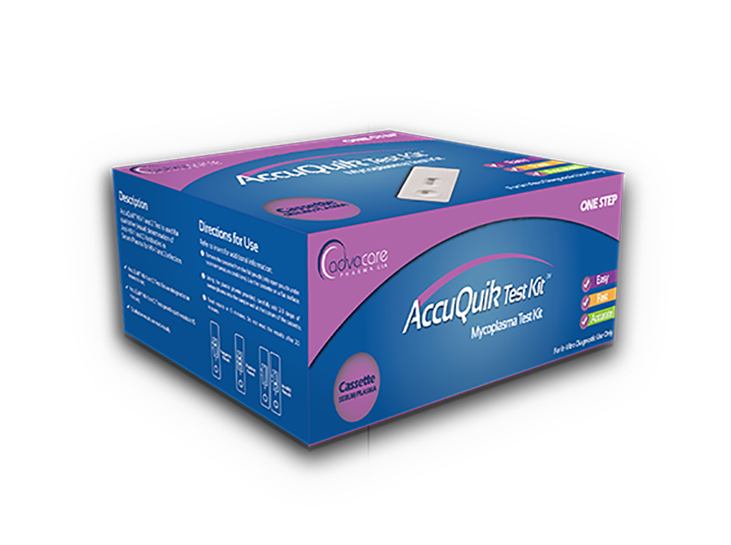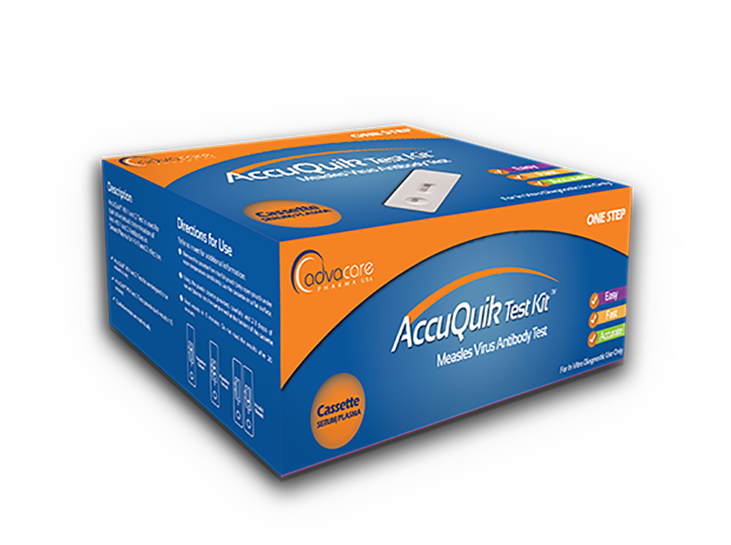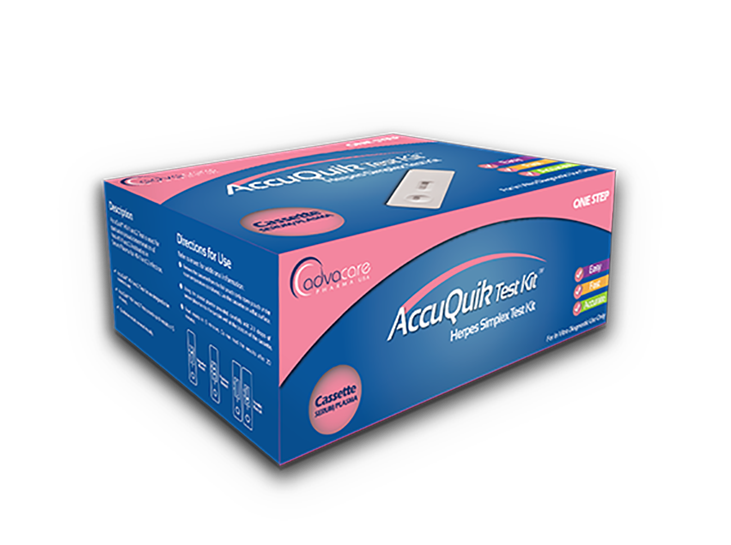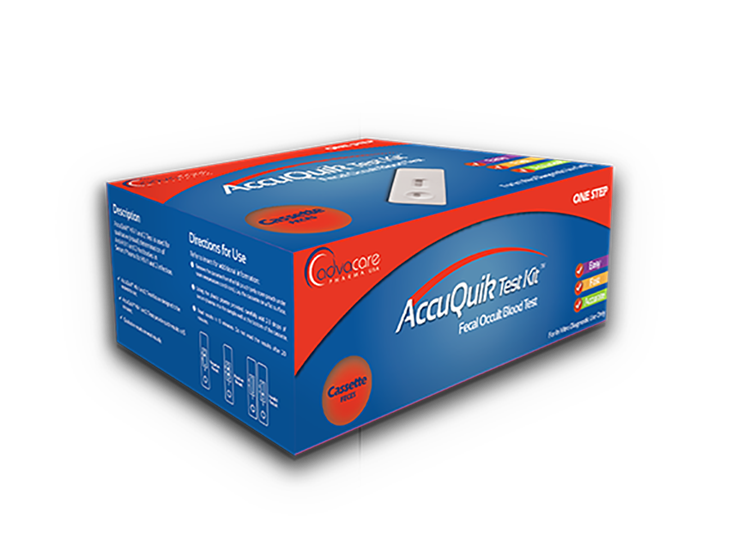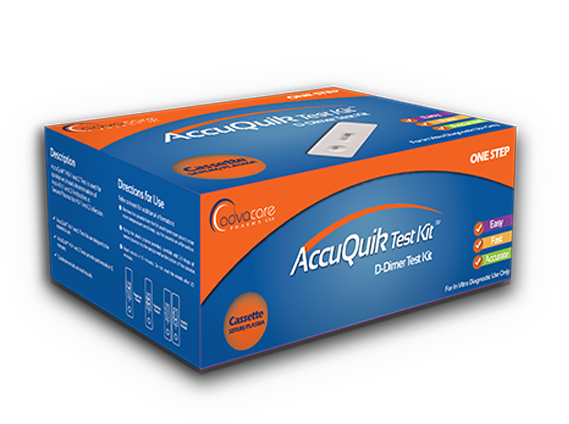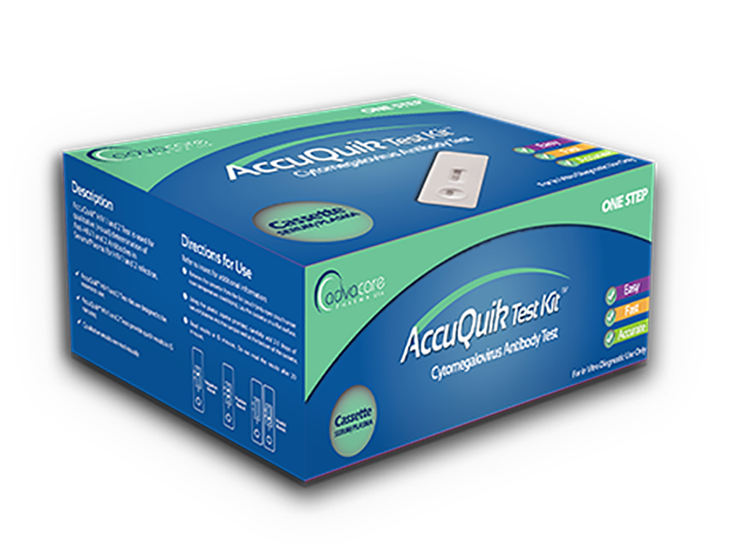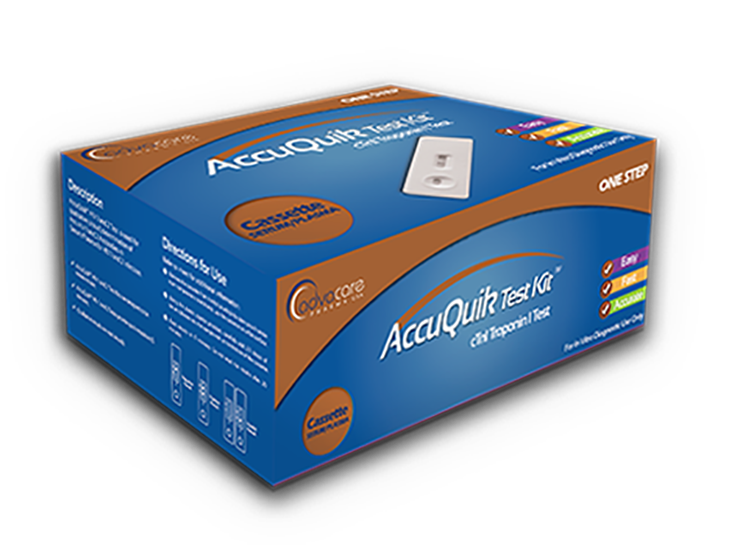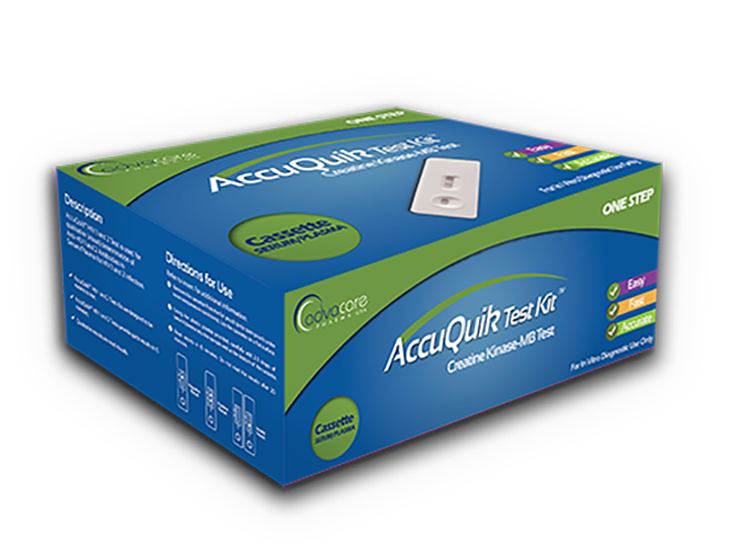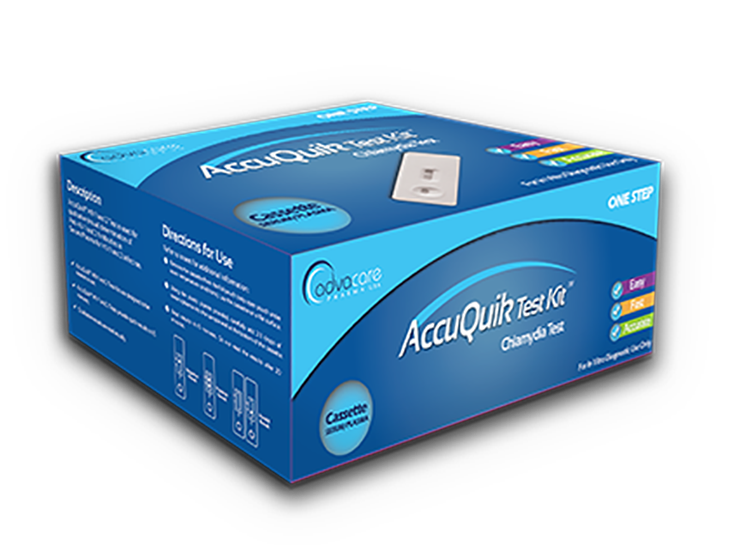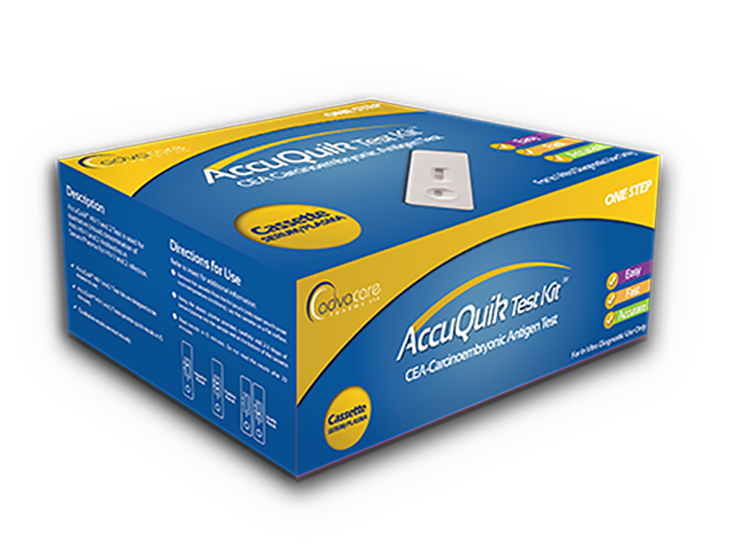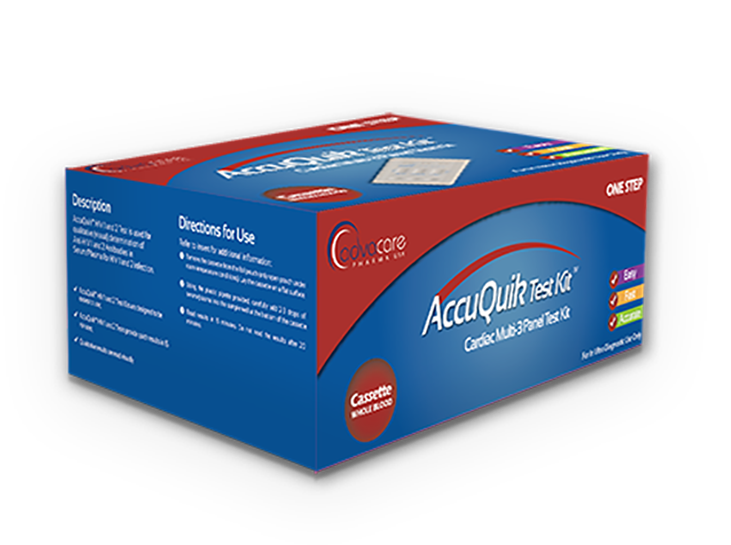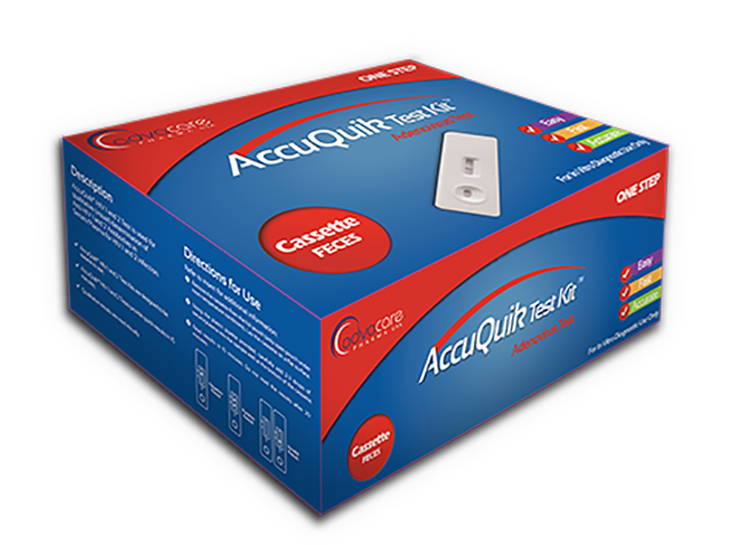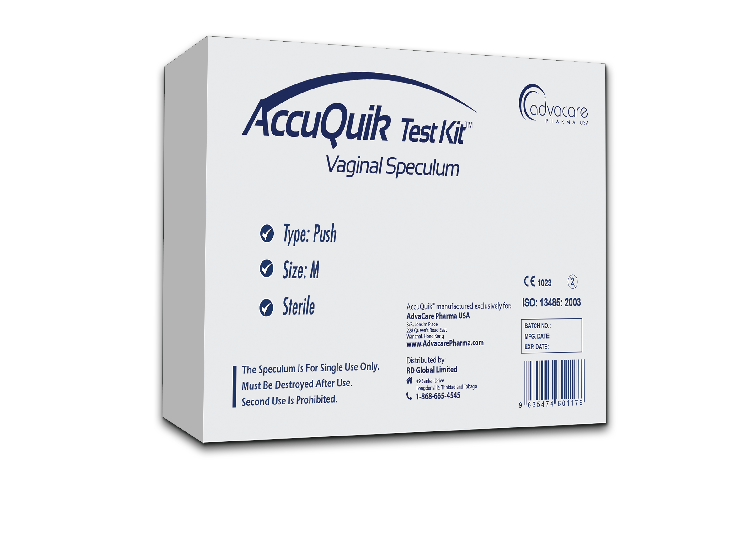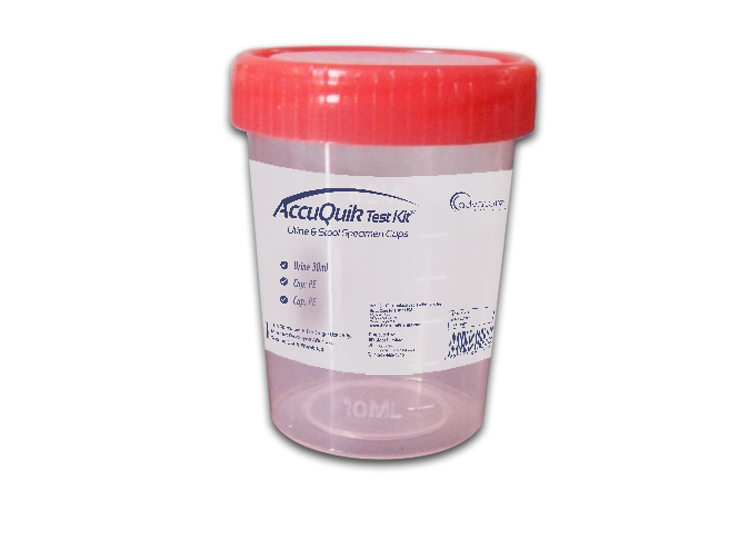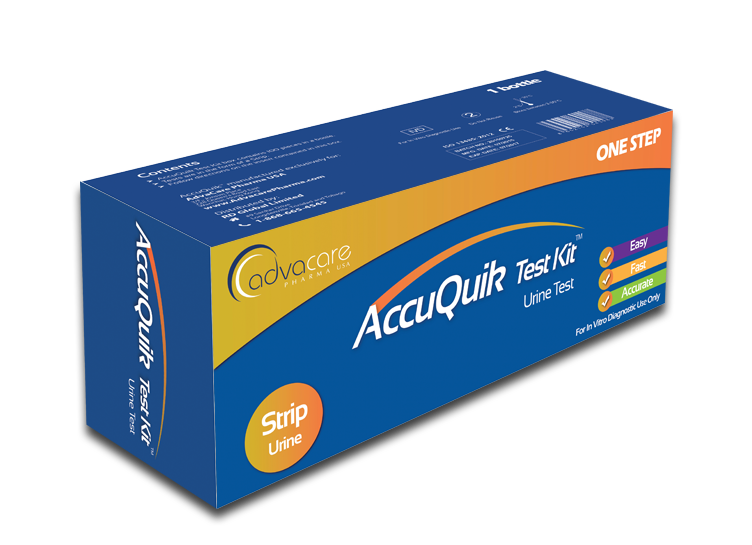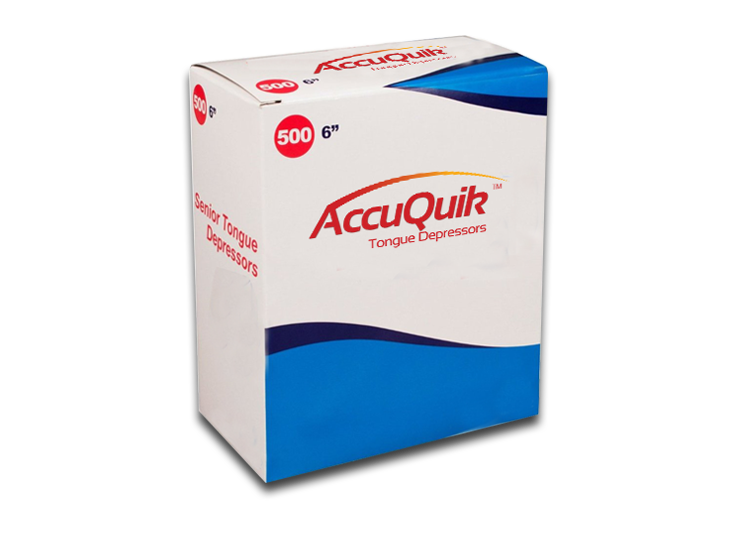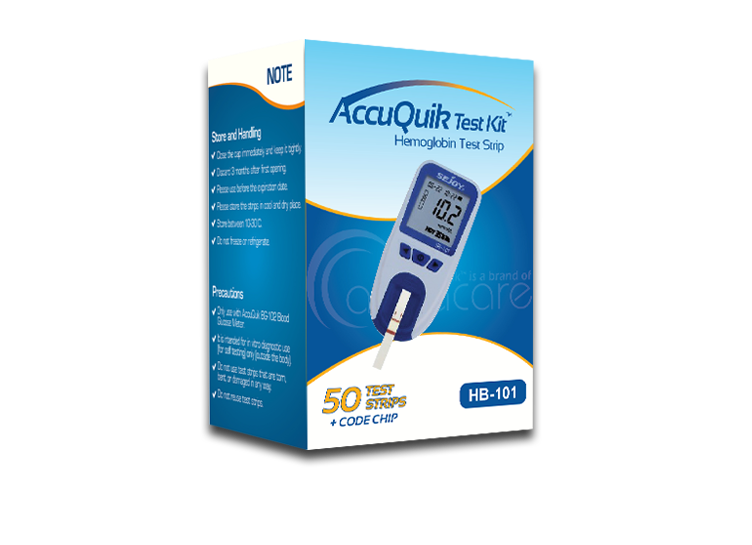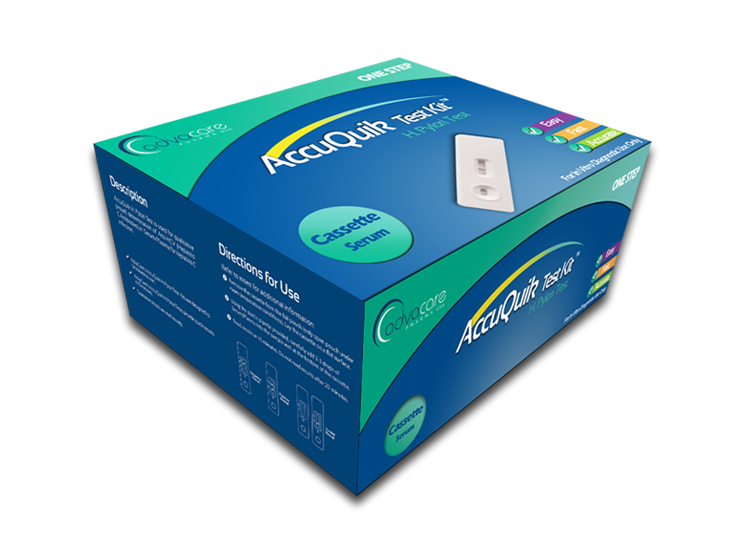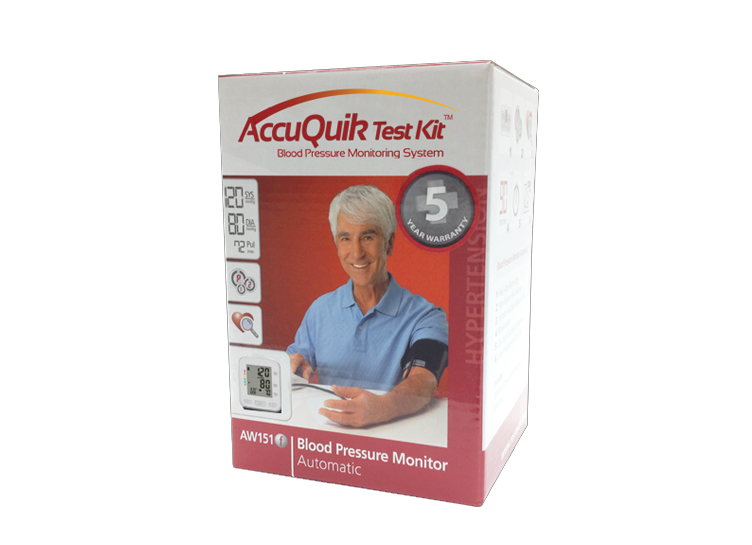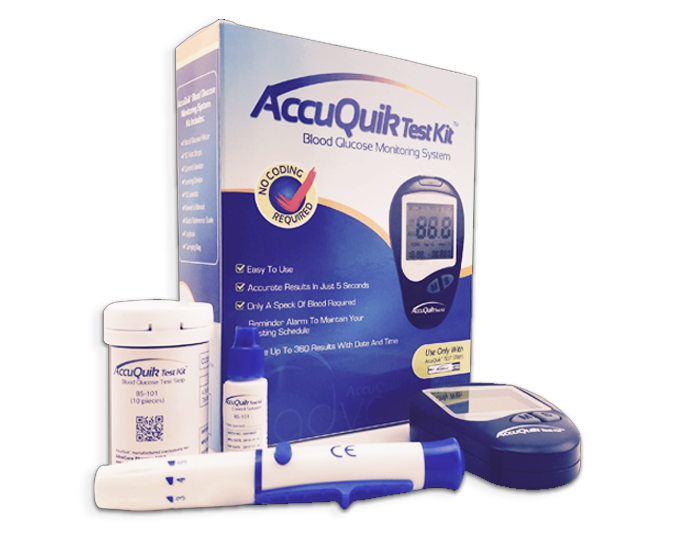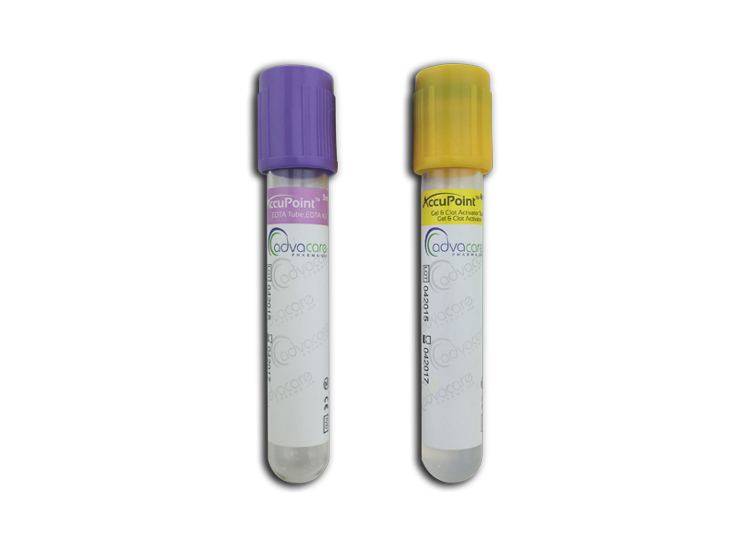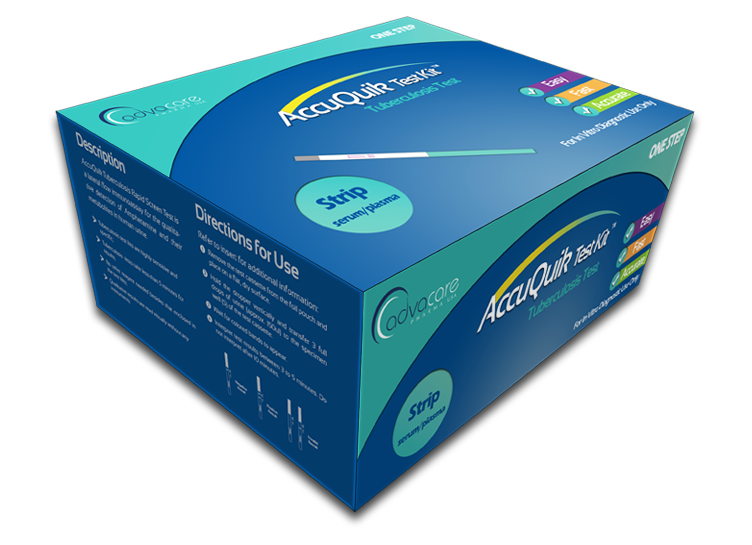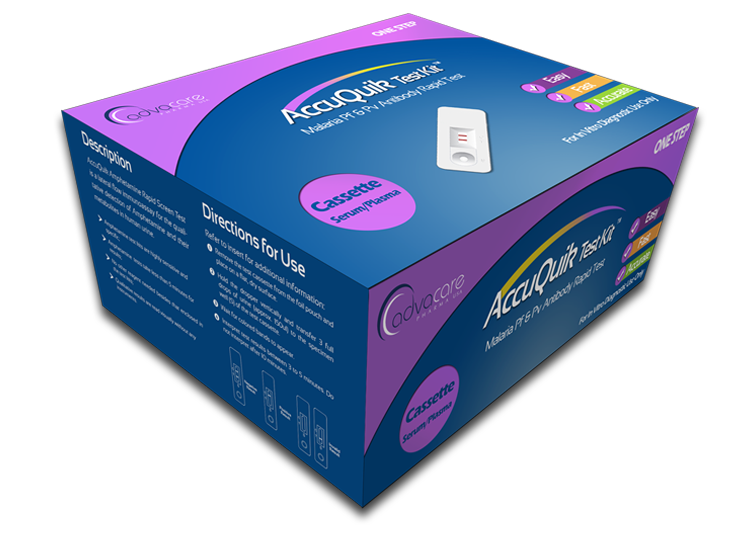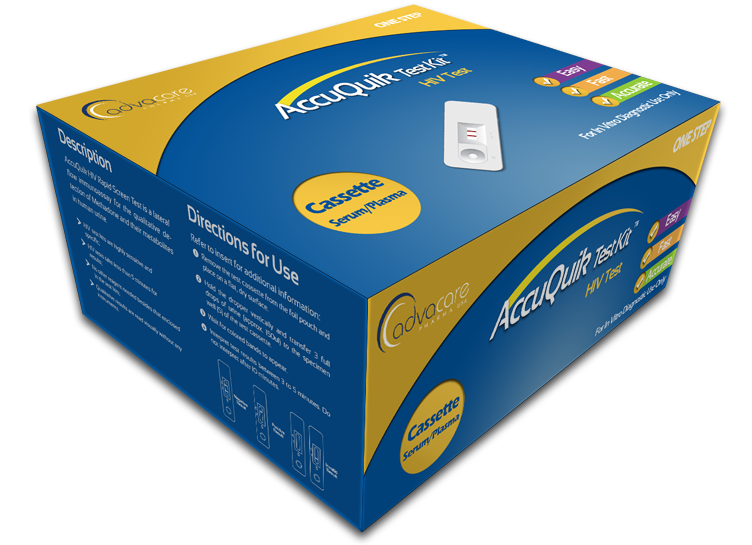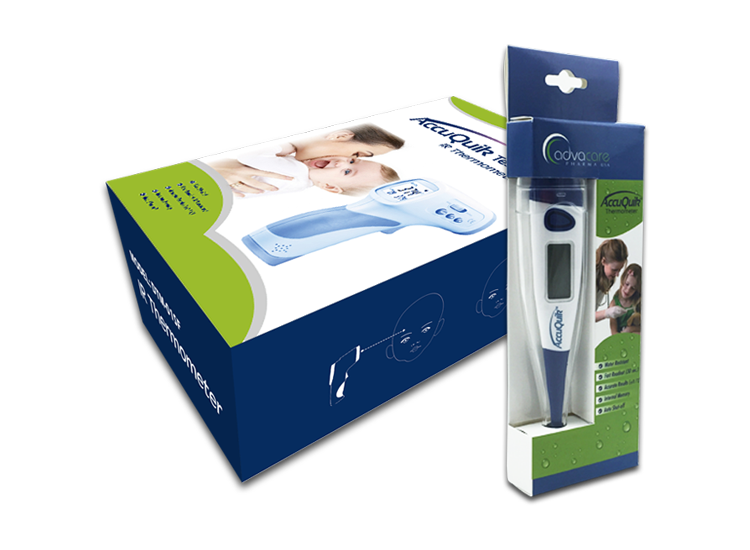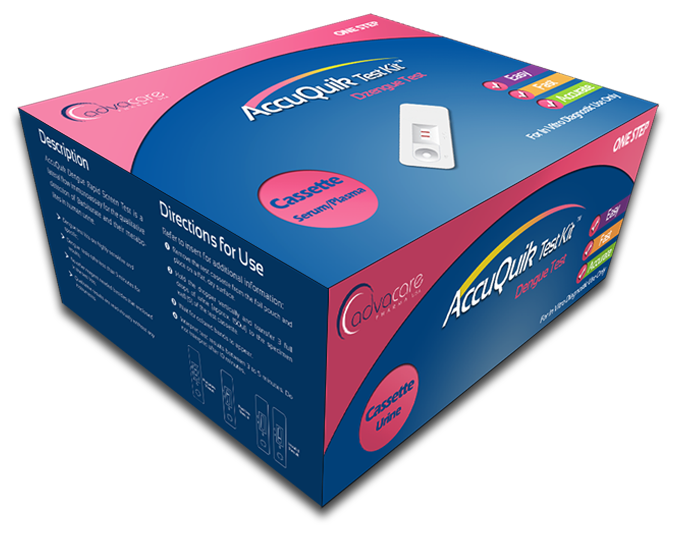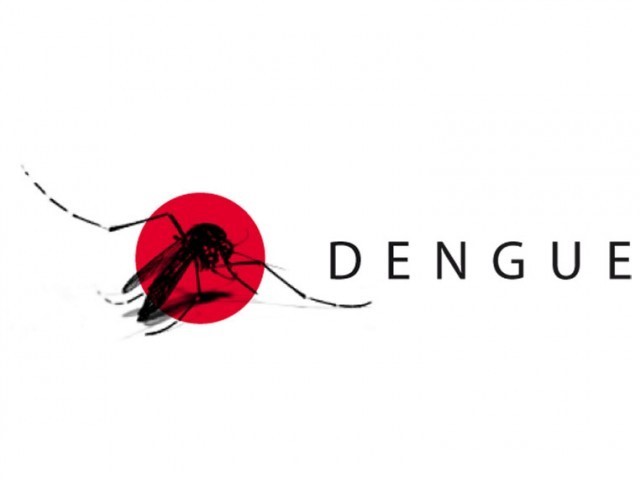
In the News
Hawaii outbreak
On February 9, Hawaii has declared a state of emergency on their island as it controls the local spread of dengue fever. Experts think it may foreshadow how Zika Virus transmission might start in parts of the United States.
The declaration of emergency potentially could help Hawaiian authorities get funds to control mosquitoes that may transmit the virus, which in turn could support the state lower the risk of the local spread of Zika.
As a precaution, officials have decided closing down certain areas in Hawaii that were considered major spots in the dengue fever outbreak.
227 Hawaii residents and 24 visitors have been affected by dengue so far. Out of this 206 are adults and 45 are children. However, as a piece of good news, there is no significant sign of infections after the declaration of emergency has shown.
Cases in Brazil
On February 12, a nearly 50 percent jump in cases of dengue fever reported over a three-week period in January, Brazil’s government reported. 74,000 “potential” cases of dengue from January 3 to January 23, which is an increase of 50 percent from a similar period in January 2015, Brazil’s Health Ministry reported.
Brazil has been suffering by the spread of Zika Virus and the increasing number of babies born with unusually small heads as the Zika virus is linked with newborn microcephaly.
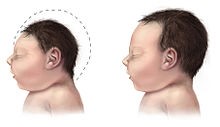
Microcephaly(left) is the abnormal development of the head, which is a congenital condition associated with incomplete brain development, as opposed to a normal development(right)
Since dengue fever, Zika, and other diseases such as Chikungunya are spread by the same mosquitos – the Aedes Aegypti species, the Brazilian government is seriously attempting to slow down the increase in numbers of these infectious mosquitoes, which lay their eggs in stagnant waters.
Marcos Lago, an associate professor of infectious diseases and pediatrics at the State University of Rio de Janeiro, said: “We will probably have a dengue epidemic”, while adding: “And this dengue epidemic will be accompanied by a Zika epidemic.”
Symptoms of Dengue Fever
People, especially teens and children, may not experience signs or symptoms during a mild case of dengue fever. After people are bitten by an infected mosquito, four to ten days later symptoms start to occur.
The common symptoms of dengue fever are listed below:
- Fever as high as 106° F (41° C)
- Headaches
- Muscle, bone and joint pain
- Pain behind your eyes
Some might also experience the following symptoms:
- Widespread rash
- Nausea and vomiting
- Rarely, minor bleeding from your gums or nose
The majority of people usually recover within a week or so. However, in many cases, symptoms worsen and can become life-threatening. Blood vessel often gets damaged and leaky. And the number of clot-forming cells in bloodstream drops. This can possibly cause:
- Bleeding from your nose and mouth
- Severe abdominal pain
- Persistent vomiting
- Bleeding under the skin, which might look like bruising
- Problems with your lungs, liver and heart
Treatment
So far, there is no specific medication for dengue infection’s treatment. As a recommendation, people who think they have dengue should use analgesics, pain relievers, with acetaminophen, and should avoid those containing ibuprofen, naproxen, aspirin or aspirin containing drugs. They should also drink plenty of fluids to prevent dehydration, avoid mosquitos’ bites while having fever, and lastly consult a physician.
What we can provide
The best way of minimizing the danger of dengue fever is to identify the symptoms early. Due to sharing common symptoms, testing is one of the definitive methods of determining whether people have contracted dengue fever or not. Testing can be performed by using Dengue Test Kits, which provide an immediate result with high accuracy. Stay safe and healthy!
AccuQuik Test Kit is an American brand that offers high-quality Dengue Fever Test Kits, Malaria Test Kits and other medical testing devices. To know more about our products, please click here.

